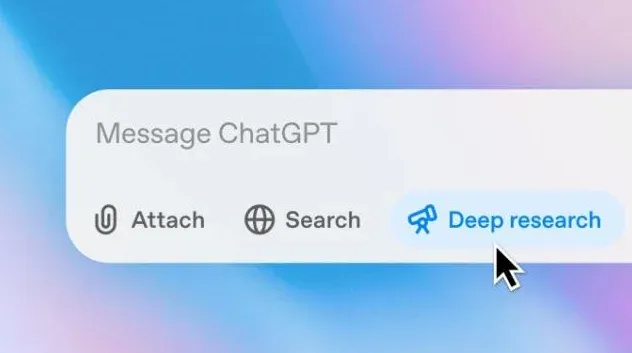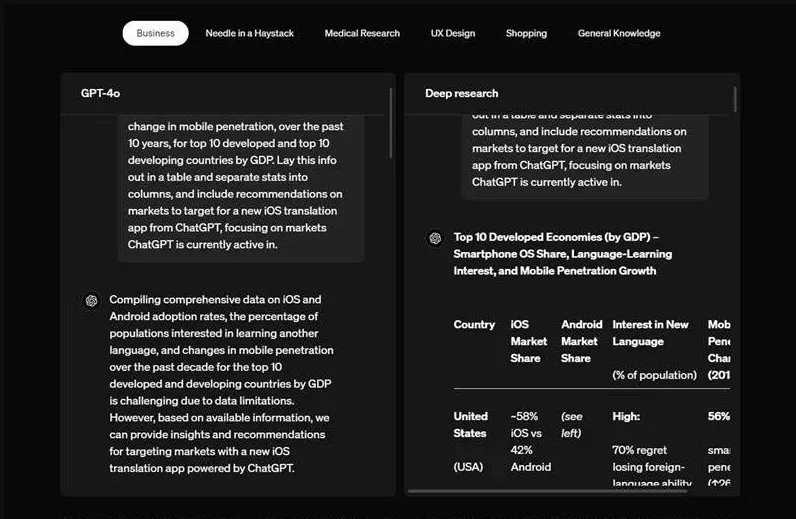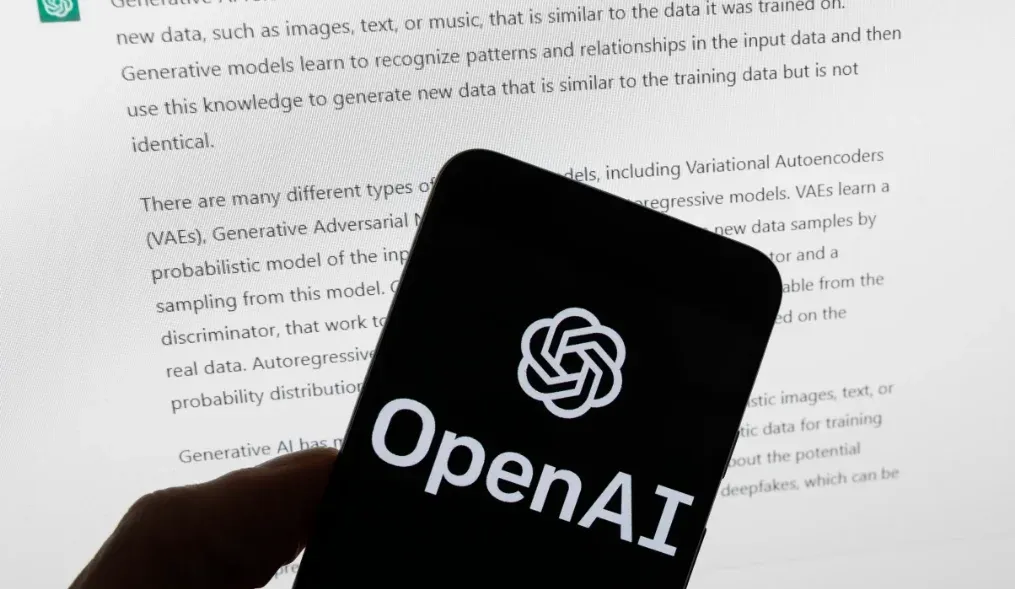OpenAI has unveiled a new AI-powered agent, ChatGPT Deep Research, designed to assist users in conducting detailed, in-depth research. Built into OpenAI’s chatbot platform, this tool is aimed at professionals who require thorough, precise, and reliable insights.
OpenAI suggests that this feature could be valuable for everyday consumers making informed purchases, such as cars, appliances, or furniture, where extensive comparisons are necessary.
Unlike quick-answer AI chatbots, Deep Research is designed for users who need to analyze multiple sources before drawing conclusions.
Availability & How to Use
Availability:
Starting today, ChatGPT Pro users will have access to Deep Research, limited to 100 queries per month. OpenAI plans to expand availability to Plus and Team users next, followed by Enterprise customers.

However, the launch is currently geo-restricted. OpenAI has not provided a timeline for users in the U.K., Switzerland, and the European Economic Area (EEA).
To use Deep Research in ChatGPT, you’ll need to be a ChatGPT Pro user (currently limited to 100 queries per month), with future availability for Plus, Team, and Enterprise users.
How to use?
To get started, open ChatGPT in your web browser (Deep Research is web-only for now), select the “Deep Research” option in the composer, and enter a detailed research question—you can also attach files or spreadsheets if needed.
You’ll receive a notification once it’s complete. For now, responses are text-based, but OpenAI plans to introduce images, data visualizations, and citations in future updates.
-
Responses may take anywhere from 5 to 30 minutes, depending on the complexity of the query.
-
Users will receive a notification when the research is complete.
Mobile and desktop app integration is expected later this month.
The company is also working on integrating specialized data sources, including subscription-based and proprietary databases.
How Accurate Is Deep Research?
One major concern with AI-powered research is accuracy. Large language models (LLMs) can still generate errors, misinterpret information, and fail to identify authoritative sources.

To address this, OpenAI states that all Deep Research outputs will include full documentation, clear citations, and a summary of the reasoning process, making it easier for users to verify and cross-check information.
However, OpenAI’s ChatGPT Search feature has previously faced criticism for producing less reliable results than Google Search. Whether Deep Research will significantly improve upon this remains to be seen.
The Tech Behind It
Deep Research is powered by a special version of OpenAI’s newly released o3 AI model, optimized for web browsing and data analysis.
- This version of o3 has been fine-tuned using reinforcement learning to enhance its ability to navigate the web, interpret data, and generate meaningful insights.
- The model can analyze uploaded files, create graphs and visualizations, and cite specific passages from sources.
Performance Benchmarking
To evaluate Deep Research, OpenAI tested it against Humanity’s Last Exam, a rigorous dataset featuring over 3,000 expert-level questions across multiple academic fields.
The o3 model achieved 26.6% accuracy, significantly outperforming:
- Gemini Thinking (6.2%)
- Grok-2 (3.8%)
- OpenAI’s own GPT-4o (3.3%)
Despite this progress, OpenAI acknowledges that Deep Research still has limitations. The model can make mistakes, struggle to distinguish fact from speculation, and occasionally fail to indicate uncertainty. Formatting errors in citations and reports are also possible.
Interestingly, Google announced a similar AI-powered research tool with the exact same name just two months ago, raising further competition in the AI research space.
With OpenAI and Google both investing in AI-driven research tools, the race to redefine how people gather and analyze information is officially on.







